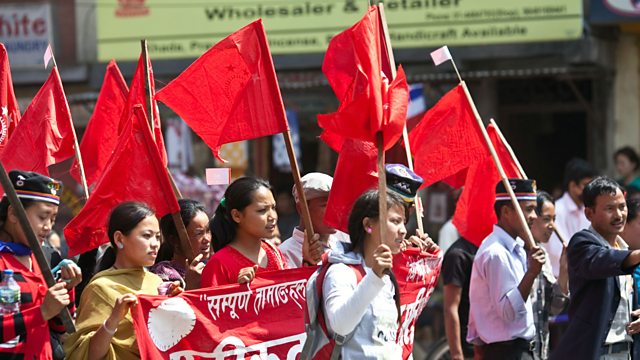Nepal
Can the landslide victory for the Left Alliance deliver political stability and peace?
After an historic election, Nepal has chosen a communist coalition to run the country. Could this landslide victory for the Left Alliance mark a turning point for the country, and deliver a long awaited period of political stability and peace?
Nepal has been through turmoil in recent years. A decade-long insurgency led by Maoist rebels left more than 17,000 people dead before a 2006 peace deal ushered in democracy. In April 2015, a series of earthquakes killed nearly 9,000 people and destroyed thousands of homes. In the past decade alone, ten different Prime Ministers have held office.
The elections in December were meant to mark the final phase in the country’s long political transition from the abolition of the monarchy to the establishment of an inclusive, federal republic.
But the new government faces many challenges – will the coalition remain united? How will it deal with Nepal’s two giant neighbours – China and India? And how can the country reduce its pollution levels?
The �鶹������ҳ���’s Anu Anand is joined by: former Prime Minister Baburam Bhattarai, government representative Pradeep Gyawali, writer C. K. Lal and journalist Subina Shrestha in a debate led by questions from a public audience to discuss the big issues facing Nepal.
�鶹������ҳ��� World Questions is a series of international events created in partnership with the British Council.
(Photo: Supporters of the Communist Party of Nepal, Credit: Getty Images)
Last on
British Council
Broadcasts
- Sat 10 Feb 2018 19:06GMT�鶹������ҳ��� World Service except East and Southern Africa, News Internet & West and Central Africa
- Sat 10 Feb 2018 20:06GMT�鶹������ҳ��� World Service East and Southern Africa & West and Central Africa only
- Sun 11 Feb 2018 12:06GMT�鶹������ҳ��� World Service except News Internet

